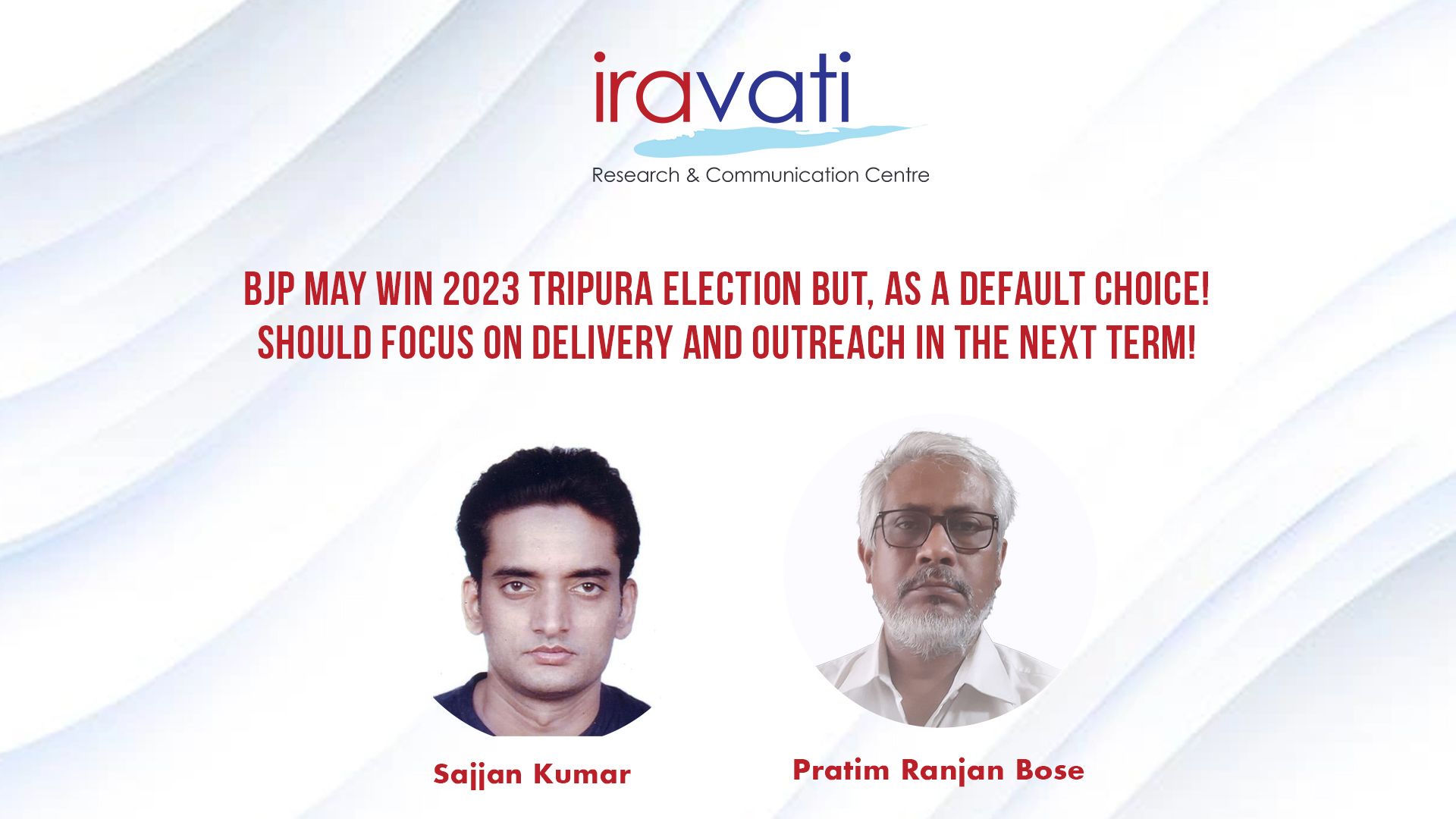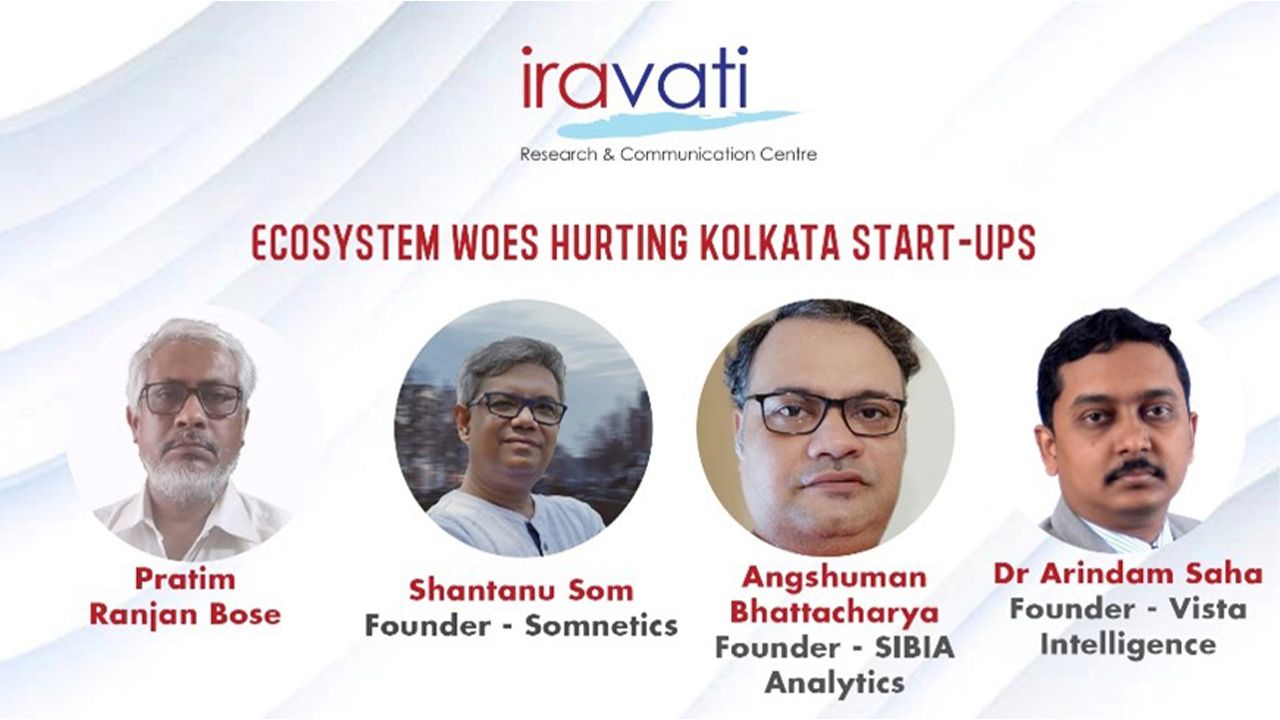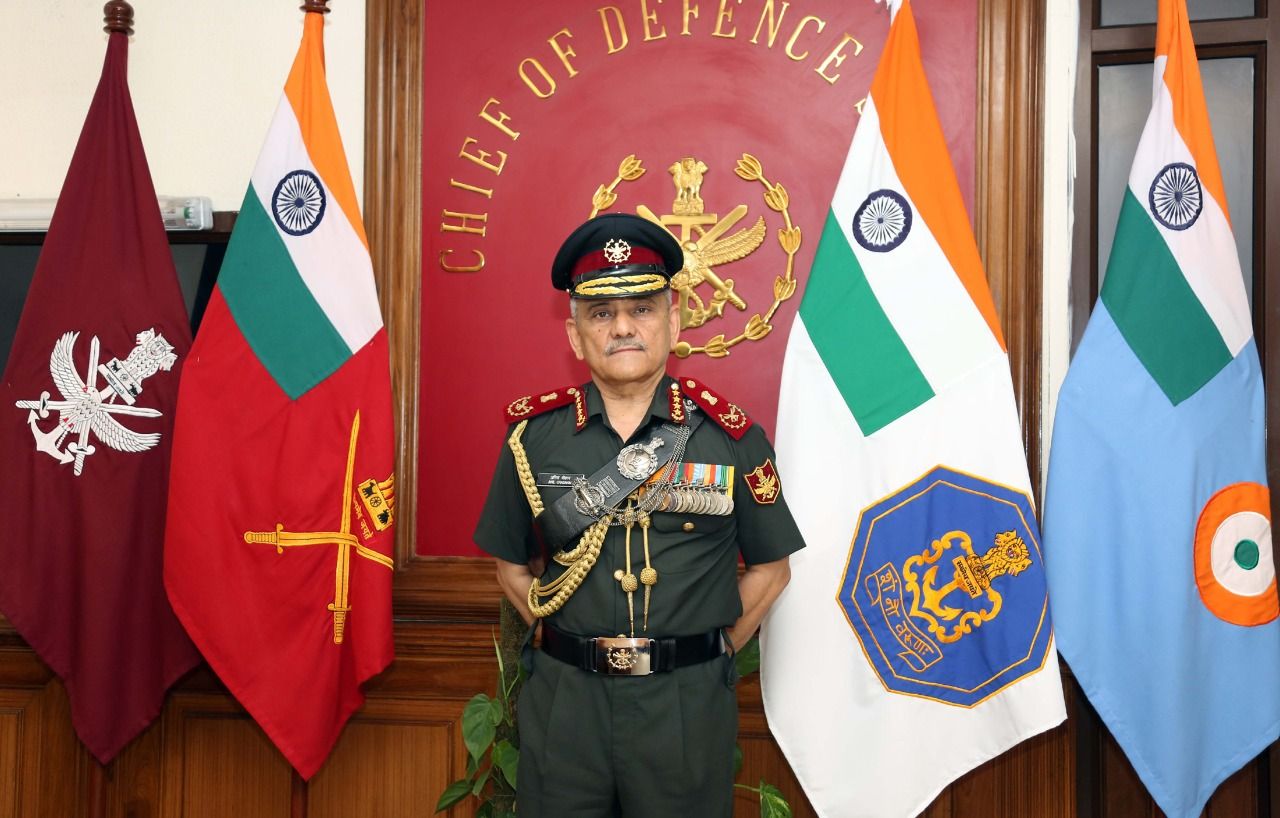Consolidation of 'indigenous' votes aligned Tripura's political landscape with the rest of the northeast.
IRCC Staff
Post On > Feb 16 2023 1556

Tripura is strategically located and has historically played a crucial role in India-Bangladesh cooperation. Rail and road links are being extended through Tripura to offer India’s northeast access to Chittagong port in Bangladesh. Grid connectivity through Tripura ensures India-Bangladesh electricity trade.
Last but not the least, a 10 Gbps internet bandwidth link from the Cox’s Bazar landing station in Bangladesh to Tripura is a major boost to data connectivity (which is crucial to the spread of the digital economy) in the northeastern region.
.png)
In terms of its geography and population (3.6 million), Tripura is another small hill-state in the Northeast. However, it is distinct in terms of its history, demography, politics and strategic importance.
It is a former princely state that chose to become a part of India. The benevolent king opened doors to Hindu refugees from East Bengal during the Partition, leading to sharp demographic changes that no other small state in the region suffered.
As a result, Tripura saw the least indigenous identity-based politics that is the mainstay of the Northeast. It is the second Bengali-speaking state in India after West Bengal. And, similar to West Bengal, Tripura also saw long communist rule.
.png)
To put it straight, Tripura is an outlier to the set political pattern in the northeast. BJP won the state in 2018 defeating the CPM-led Left Front. As of 2023, the Left and Congress formed a coalition to claim stake on power.
The political landscape, however, has undergone a major change ever since Pradyot Bikram Manikya Deb Barma, the head of the Tripuri royal family, formed the Tipra Motha Party (TMP) in 2019.
Fondly called the ‘Maharaja,’ Deb Barma was previously the state chief of Congress. His party is demanding a separate state for the indigenous communities. The call has consolidated the indigenous population contributing roughly a third of the state population.
.jpg)
TPM swept the Autonomous District Council (ADC) election in 2021. In a discussion round with IRCC; political scientist and author Sajjan Kumar held that TPM will get anywhere between 11 and 15 out of the 20 seats reserved for the scheduled tribes in Tripura.
He attributes the tribal consolidation to both economic and emotional depravity. While tribals are relatively backward in an otherwise low-income state; what had hurt them the most is the historical neglect to their cultural ownership over the land during the long communist rule.
The cultural neglect had its roots to the ideological position taken by the Left against the royalty. The ruling BJP government took corrective measures by renaming the airport in the name of the former king, but the indigenous communities now demand more space.
In the political landscape of Tripura, consolidation of tribal votes triggers a counter-consolidation of Bengali votes (70%). Kumar says Bengali votes will consolidate in favour of BJP as the only viable alternative.
You may see the discussion here:
The left-Congress coalition hasn’t cut much ice even within the loyalists of either party. A similar coalition in 2016 suffered in West Bengal. Kumar says it will suffer more in the polarized (indigenous vs Bengali) political environment of Tripura.
It means BJP should get a majority in the 60-seat assembly on its own. However, the party would have a lot to do in terms of governance and economic development of the state, if it returns to power.
.png)
BJP came to power in 2018, mostly on negative votes against the Left. They promised the moon to voters and failed on delivery, excepting the rapid progress of central government-sponsored social and physical infrastructure projects.
On the brighter side, the five-year BJP rule demolished the party society. The strange hold of the party in daily life, a hallmark of communist rule, is gone.
As per Singh’s study, voters appreciated less favouritism in the distribution of public goods during BJP rule.

Northeast Energy Scenario Part-1: Paradigm shift in petroproduct availability and consumption
2023-03-28 16:22:05

Consolidation of 'indigenous' votes aligned Tripura's political landscape with the rest of the northeast.
2023-02-16 08:51:53

Why Kolkata doesn’t have a Unicorn ?
2023-01-28 09:53:57

Social media literacy should be mandatory in UG curriculum
2022-11-30 12:00:53

India's new CDS, Gen Anil Chauhan has a daunting task ahead!
2022-09-30 10:34:59

Make annual BBIN summits a norm, create a common market for food and services
2022-08-13 10:39:02
ru0saa
jqtNUoDiaxEbhy
CVfdlkLSReHEZcm
Iravati Research and Communication Centre LLP (IRCC) is a Kolkata-based think-centre, engaged in research and policy advocacy.
Useful Links
Email : info@ircc.in
Copyright © 2020 - IRCC - All rights reserved. Developed by Thinkbizz Marcom PVT LTD
Complaint Registration
Terms of Usage
IRAVATI RESEARCH AND COMMUNICATION CENTRE LLP, a limited liability partnership (LLP Identification No. AAO-4910) registered as on 11-03-2019, having registered address at 1050/2, Survey Park, Flat No.- B 8/10, Cal-Green, MIG-B, Phase-II, Kolkata-700075, India.
The mentioned Terms for the usage may apply to the functional website that you have viewed within www.ircc.in before clicking on these Terms of Use. This single website is referred to in this Terms of Use as "this Website."
Thereby using the website, you agree to these Terms of Use. Whereas if you do not agree to these Terms of Use, you are not permitted to use this website, and you must terminate your use immediately.
The "Iravati Research and Communication Centre Network" refers to the Iravati Research and Communication Centre LLP ("IRCC"), IRCC member firms, and related organizations.
The Iravati Research and Communication Centre LLP is an organization within the IRCC Network that provides this website and is referred to by these Terms of Use as "we", "We", or "our". While parts of these Terms of Use may refer to other features of the Iravati Research and Communication Centre Network, these Terms of Use are between you and us and not from any of those other organizations.
This website provides you with other features (free) of cost and better browsing. Furthermore, the user can choose to apply an additional part by subscribing to this website to their device with notifications.
htmlFor the sake of clarity, this website includes additional features, if any, (i) they do not solicit any form (ii) they are not intended to provide any service or product to users anywhere (iii) sponsor any services, advice or product and the user is required to exercise his / her understanding. , where necessary.
Content usage; Limitations; Privacy Statement
Notwithstanding otherwise expressing relevant content, and provided that you comply with all of your obligations under these Terms of Use, you are authorized to view, copy, print and distribute (but not modify) the content on this website; provided that (i) such use is htmlFor informational, non-commercial purposes only, (ii) any copy of the content you are making must include a copyright notice or other aspect of the content and, (iii) appropriate courtesy and proper referencing to the website should be given.
Intellectual Property Rights :
No use of the words or logos of the Iravati Research and Communication Centre has been permitted unless otherwise mentioned.
The content on this website is the original work and content of IRCC or any other entities within the IRCC network. We and our licensors retain all rights not expressly granted in these Terms of Use.
"Iravati Research and Communication Centre",the logo of Iravati Research and Communication Centre, and local language used above, and certain product names appearing on this website (collectively, "Iravati Research and Research Centre Marks"), are intellectual and intangible properties of Iravati Research and Communication Centre.
Unless provided in these Terms of Use, you are not consented to use any Iravati Research and Communication Centre Signs alone or in combination with other brands or building materials, including, in any media, advertising, or other promotional or marketing materials. or media, either in writing, orally, electronically, visually or in any other way.
Any view published on the website as presented by any personnel should be considered as the expression by the personnel only and not the standpoint of the organisation.
All contents of this website are original content and belongs to the Iravati Research and Communication Centre Network.
The trademarks of other parties to this website are htmlFor the sole purpose of identifying and not indicating that these individuals have endorsed this website or any of its content. These Terms of Use do not entitle you to use any of the trademarks of any other party.
Disclaimers and Limitations of Liability
This website, without limitation, any content or other part thereof contains general information only, and is the original content of the owner of this website. It should not be considered as per htmlFor providing advice or any other services. Before deciding or taking action that could affect your money or business, you must show it to the appropriate professional.
We abstain from declaring that the website will be a secured one, free from errors or any viruses or malicious code, and may meet with any particular standard of performance or quality as per customized.
The usage of this website is at the user's personal risk, and the user adheres to anticipate full duty and danger of loss due to your usage, consisting of, without limitations, with respect to loss of factual data or any other data. Any direct, oblique, unique, incidental, consequential, or punitive damages or some other damages in any way, whether or not in a motion of settlement, statute, tort (such as, without challenge, negligence), or otherwise, relating to or springing up out of the usage of this website, should not be the responsibility of the owner of the website.
Without prescribing any of the foregoing, we make no explicit or implied representations or warranties in any way regarding such websites, resources, and gear, and hyperlinks to such a website, sources, and equipment must not be construed as an endorsement of them or their content by using us.
The above-mentioned clauses and renunciations along with the liabilities are subject to the maximum extent as granted by the Law, as in the case of contract, statutes, tortuous liability or otherwise.
Complaint Resolution System
A Complaint Resolution System has been set up as per the Information Technology (Guidelines for Intermediaries and Digital Media Ethics Code) Rules, 2021.
Any complain regarding the digital content on this website should be processed through the Complaint Resolution System via the company website.